Many people would disagree with the following statement, but I am not stupid. Even so I have a weakness and it is one that I am committing myself to addressing during 2020: My poor maths skills.
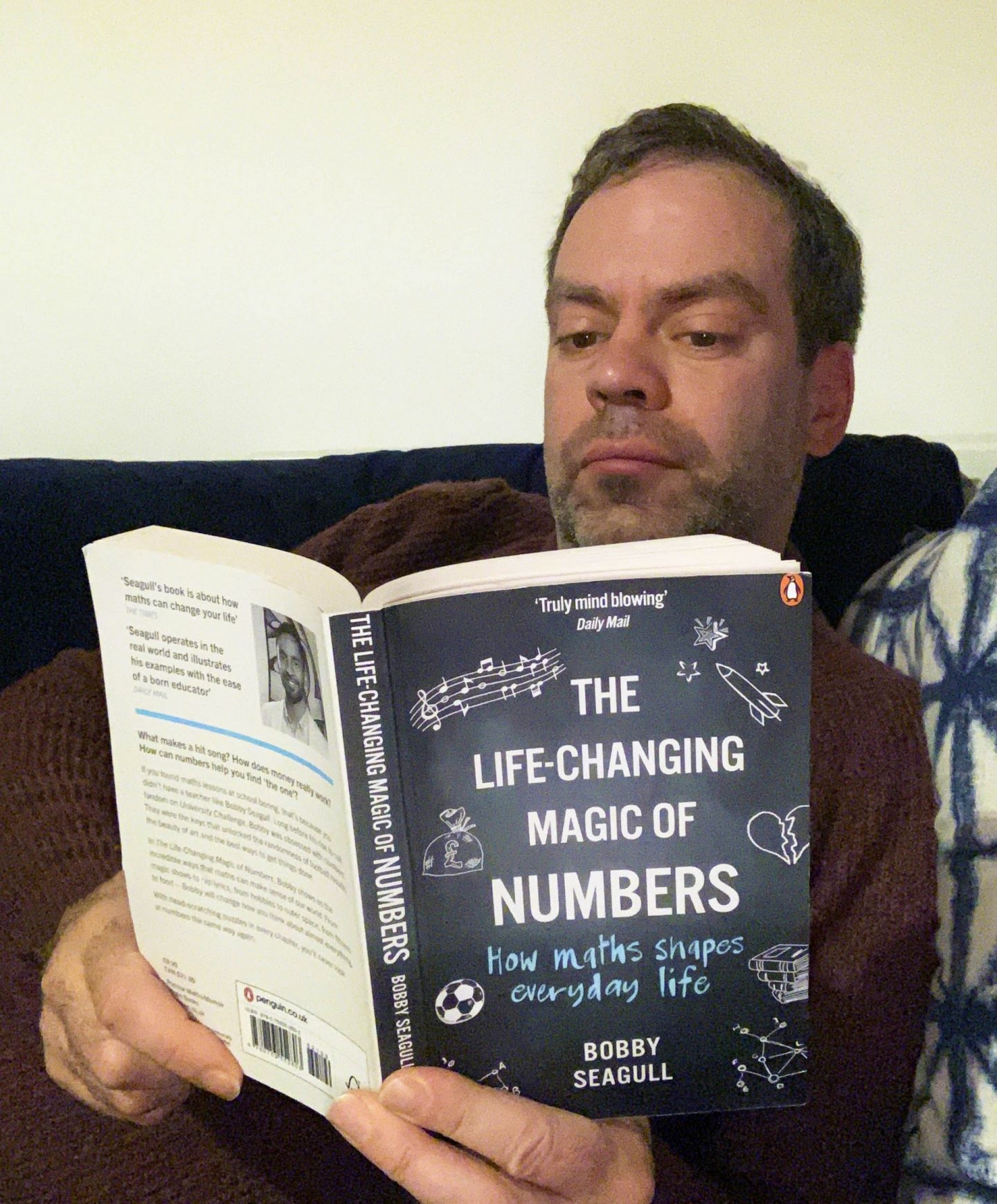
While many people will have made New Year’s resolutions to lose weight and get fit, I will be working on my numeracy. Not that I’m particularly keen on calling it a resolution, but I always find the end of one year and beginning of another makes you reflective and I’ve resolved to take action.
My aims are realistic. I don’t plan to sit a degree in mathematics, I simply want to get better at complicated calculations, and develop a greater understanding of shapes and spaces and how to work them out.
Long-time readers of this blog may recall that I appeared on the Victoria Derbyshire programme with Bobby Seagull back in 2018. I don’t quite know what you’d call Bobby Seagull but he’s a maths teacher, author, broadcaster and promoter of maths. He works hard to address the issue of maths anxiety that many people suffer from. Bobby and I were on the show to talk about parents struggling to do maths homework with their kids.
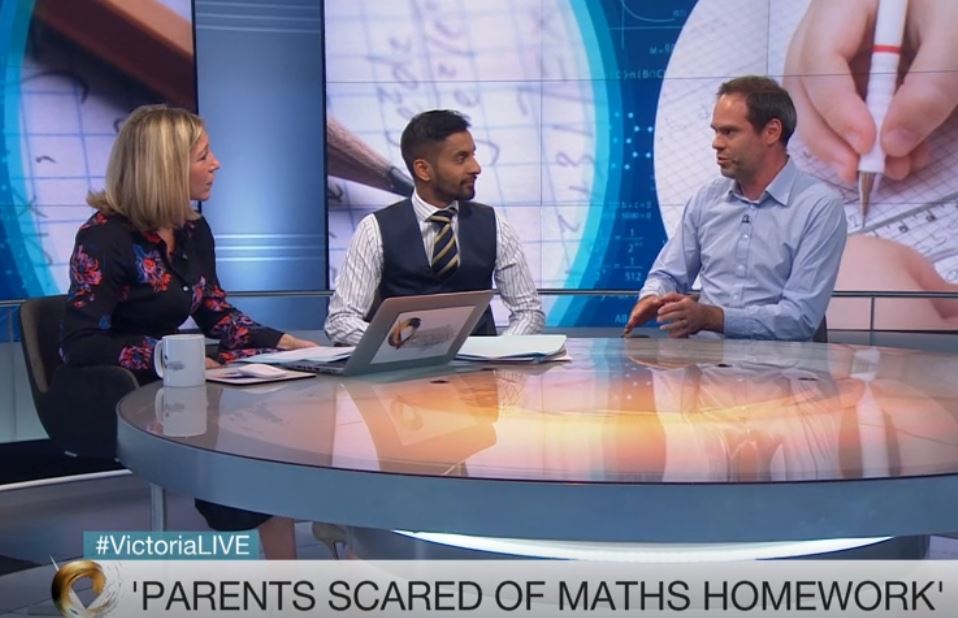
I freely admitted I struggle to help my kids with their homework, especially Helen, my eldest child who is in Year Six. I went a step further and calmly stated that I was seriously considering taking a maths GCSE. I explained that I only got a grade E when I was at school. This had long been a thorn in my side and I wanted to deal with it once and for all. I said all this on live television making it difficult for me to go back on my word!
I made enquiries about employing a maths tutor to help me with this aim. I heard back from several who were super confident they could assist me.
Only thing is, I didn’t think they could. They seemed far too confident and made it sound a bit too easy. This is where Bobby Seagull comes back into the picture.
Bobby and I stayed in touch following our meeting at New Broadcasting House (See Bobby’s recent Q&A here). In fact I’m presently reading his book Life Changing Magic of Numbers and Bobby very kindly wrote an encouraging note for the inside cover.
Among his many roles, Bobby is an ambassador for the charity National Numeracy. the charity has a free-to-use diagnostics tool on its website so anyone can assess their maths skills.
Between Christmas and New year, I took my first tentative steps to improving my numeracy and I completed that diagnostics test. I did it with a heavy heart because I expected the results to be ugly.
As I answered more and more multiple-choice questions, however, my confidence grew. I was feeling really good as the questions were easier that I thought.
Sure, I had to stop and think about some of my answers, but I think I only failed to answer one question. I felt it had gone better than I expected.
I then got my results. My confidence had been misplaced. I scored 60 out of 100. I can reliably inform you that’s 10 per-cent more than 50 per-cent (Bad joke? okay, I’ll move on).
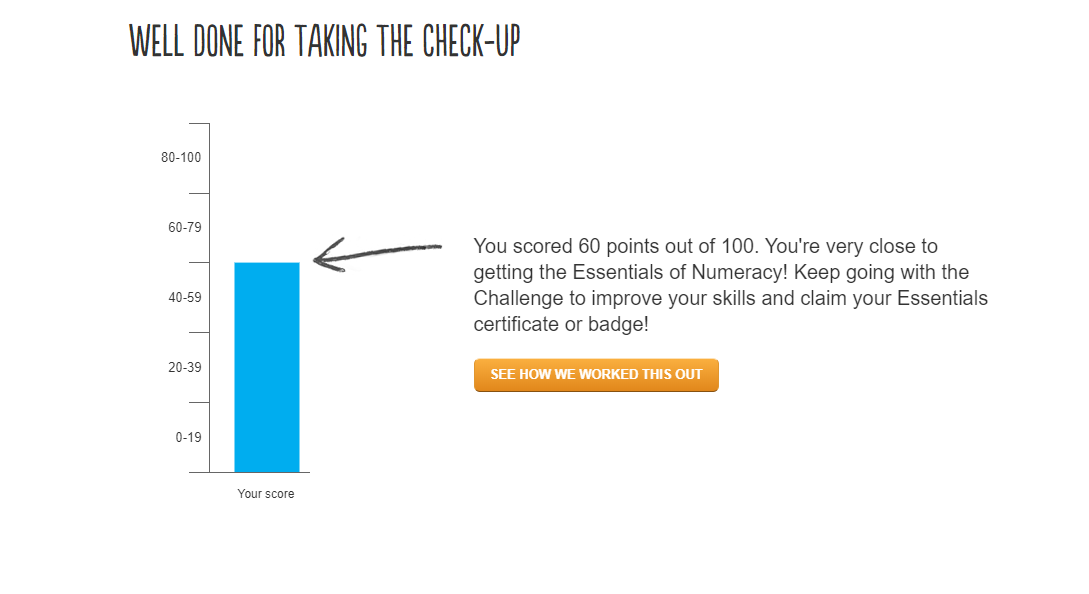
Having felt so good as I worked my way through the test, I was more than little crestfallen. My particular weaknesses were identified as shapes, spaces and measures and calculations. I knew they were weaknesses of mine so the results confirmed my thinking.
I feel I need to grasp some maths basics, skills I can teach myself, before spending money on a tutor. I expect I’ll have to pay a lot to a tutor to pass that GCSE and there’s no point paying someone what I can teach myself.
I also think the confidence of those tutors was misplaced. When I first came up with the idea of sitting a maths GCSE, I hadn’t taken account of how much the maths syllabus has changed over the years. I think several of the tutors I spoke to thought I had relatively recent experience of the school system. As a father who sees the complex mathematics his children are capable of, I know things have changed a huge amount.
As my kids progress through school, a massive gulf has formed between them and I. Helen has maths skills I dream of and Izzy is not that far behind.
Ultimately, my aim is still to sit a maths GCSE. Before doing so, I need to address my skills deficit.
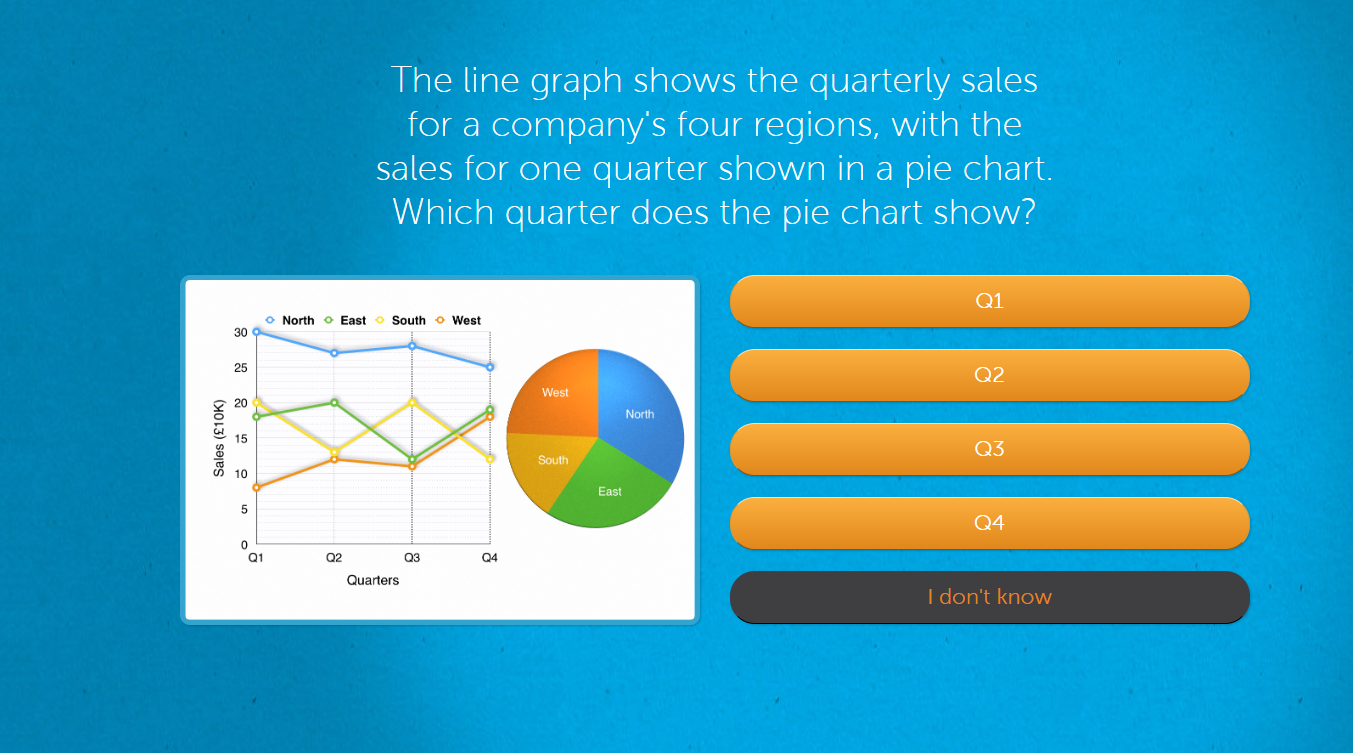
I think my kids will be a part of this process. I think they’d find it great fun, knowing their dad was studying maths with the aim of sitting an exam at the end of the process. I think they’d also be impressed I was learning skills they know and take for granted.
It will also be a good experience for me as Helen starts secondary school next year and I’ll get first-hand experience of the modern maths syllabus and the new GCSE grading system. As a father, that’s great knowledge to have.
As I said at the start, I’m not stupid. My lack of maths skills has not stopped me going through the higher education system and I was one of the top performing students in my year. I’ve had careers in journalism and PR and latterly as a blogger and my poor numeracy has not stopped me.
Just to prove I’m not totally innumerate I sat a couple of basic accounting qualifications shortly after doing my GCSEs at school. I got very high marks and to this day I can read a balance sheet with ease and decipher complex information about a company’s financial position.
I know maths will never be my strongest skill. I have always been a writer and a communicator and there is absolutely nothing wrong with that.
Everyone’s skill set is different, mine simply isn’t numbers but I know I can do much better. As I have got older, I have become more interested in maths. I see its application everywhere and I feel very frustrated at how my maths skills have let me down.
During 2020 I will be working hard to learn the basics using resources available to me on the National Numeracy website. I’ll then look into hiring that tutor and eventually, I’ll pay to sit that GCSE. This year is all about numeracy.
Can you relate to this? Do your maths skills let you down? Maybe you have other resolutions? Whatever you plan to do this year, do leave a comment below.

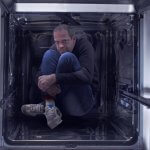
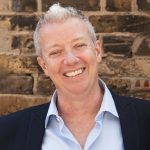
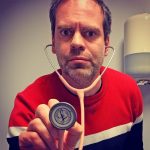



2 thoughts on “2020: The year I deal with my numeracy deficit”
I am nearly 60. I too had a poor maths O level result and lived with dread about any maths issue ever since.
I admire your openness and will follow your progress with interest. I might even follow your example.
Would you recommend the Bobby Seagull book?
Thanks for commenting Robin and I think we are in exactly the same position. I would recommend Bobby’s book as a way of understanding exactly how maths permeates every aspect of life. The maths questions in it, there is one at the end of every chapter, are, I confess, beyond me but I feel they should be in my grasp.
I’ll keep you in the loop, let you know how I get on.